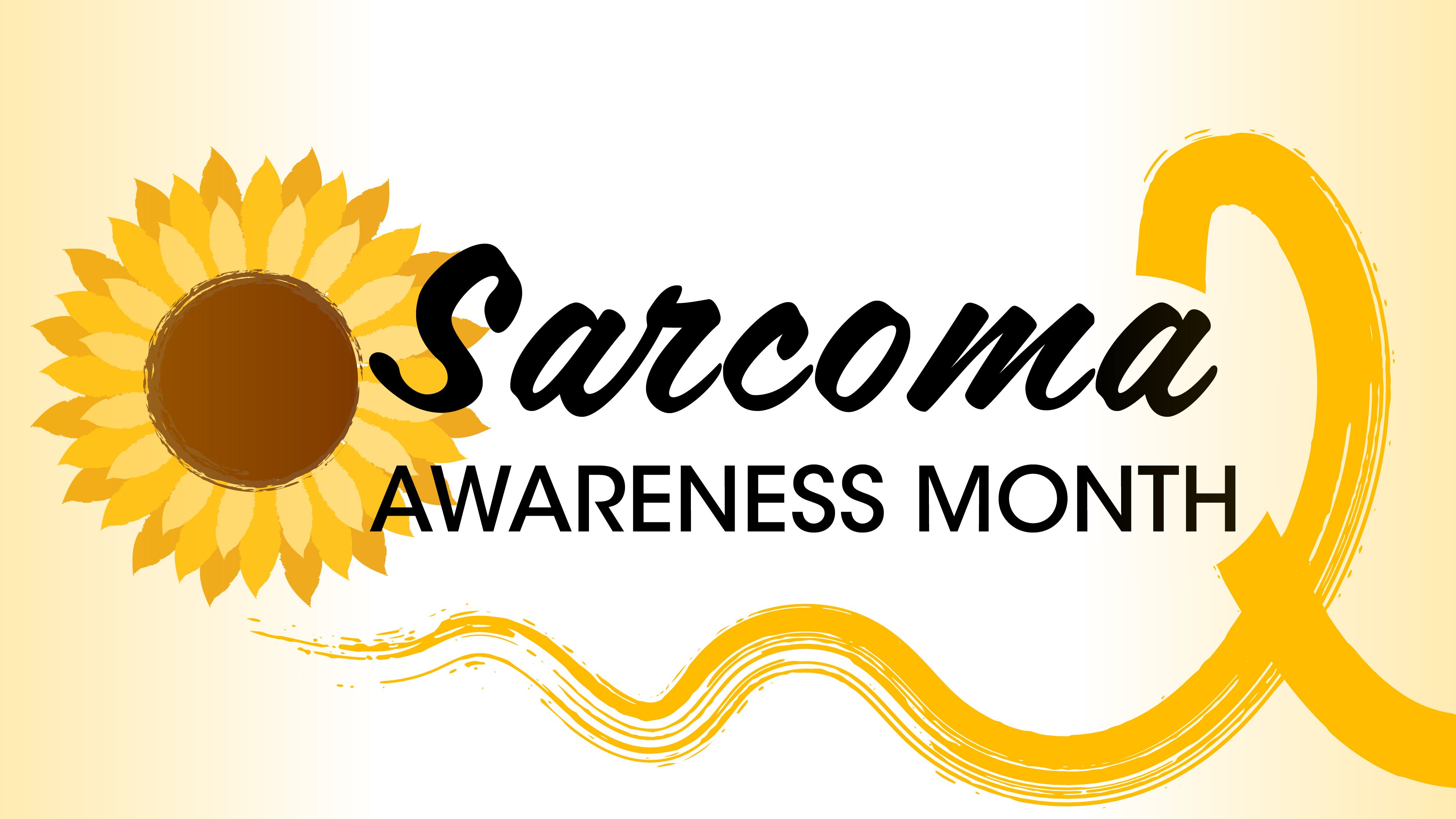
Nirogacestat May Offer an Additional Treatment Option for Desmoid Tumors

Brian Van Tine, MD, PhD, also discusses how the treatment of desmoid tumors has evolved following data supporting the use of sorafenib in this population.
In an interview with CancerNetwork® during
Van Tine, a professor of medicine in the Division of Oncology, Section of Medical Oncology at Washington University School of Medicine’s Siteman Cancer Center, also discussed how sorafenib (Nexavar) acted as a catalyst that led to the evolution of treatment for this patient population and even resulted in the publication of a National Comprehensive Cancer Network (NCCN) compendium listing for desmoid tumors.2
Transcript:
The treatment of desmoid [tumors] has actually been evolving rapidly since the phase 3 Alliance clinical trial [NCT02066181] that first reported the activity of sorafenib.4 And in that same study, we found out there was a 20% spontaneous regression rate of this tumor if you do nothing. Our understanding of this tumor has changed and evolved. We've done a lot of work in this area, and what's interesting is that we understand there's a β‐catenin mechanism, and nirogacestat gets into that signaling. And all of a sudden, not only do we have sorafenib as an NCCN compendium listing for the treatment of desmoid [tumors], but nirogacestat, which is hopefully coming out as an FDA-approved treatment for desmoid [tumors].
The data that came out in the [phase 3 DeFi] trial are reminiscent of that of sorafenib. The [adverse] effect profiles are different between the 2 agents, but having more than one drug for the desmoid population as this treatment paradigm evolves and we now treat these tumors more medically than surgically, having more than one option is good.
References
- Gounder M, Ratan R, Alcindor T, et al. Nirogacestat, a γ-secretase inhibitor for desmoid tumors. N Engl J Med. 2023;388(10):898-912. doi:10.1056/NEJMoa2210140
- NCCN. Clinical Practice Guidelines in Oncology. Soft tissue sarcoma, version 2.2023. Accessed July 24, 2023. bit.ly/3Y58VTn
- SpringWorks Therapeutics announces FDA acceptance and priority review of new drug application for nirogacestat for the treatment of adults with desmoid tumors. News release. SpringWorks Therapeutics. February 27, 2023. Accessed February 27, 2023. bit.ly/3SxA1Qk
- Gounder MM, Mahoney MR, Van Tine BA, et al. Sorafenib for advanced and refractory desmoid tumors. N Engl J Med. 2018; 379:2417-2428. doi:10.1056/NEJMoa1805052
Newsletter
Stay up to date on recent advances in the multidisciplinary approach to cancer.



































